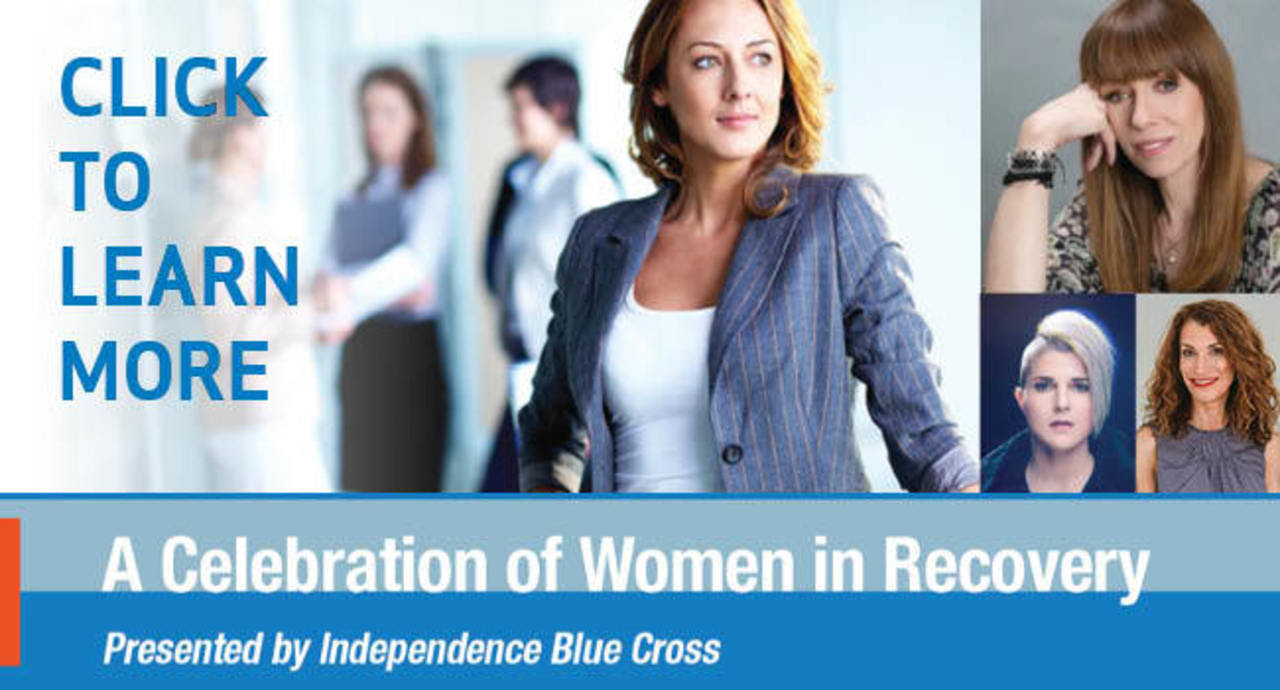Next week is the National Association for Children of Alcoholics awareness week. There are a lot of awareness initiatives out there, but this one strikes me particularly close to the heart, because I’m not just a person in recovery. I’m an ACOA: An Adult Child of an Alcoholic.
It wasn’t until many years later that I understood the full gravity of what being an ACOA meant, and how my father’s alcoholism affected me and my family system. I found myself in the role of the Lost Child, without a voice to call my own or a real understanding of what it meant to love myself.
In this week’s blog, ACOA Rebecca shares her story of growing up with an alcoholic mother (click here to read the article). Rebecca took on a role in a very literal way by becoming a professional child actor. Her mom loved the sense of purpose Rebecca’s burgeoning career afforded the family, and relished travelling across the country together from audition to audition. Like me, young Rebecca believed that things in her life were “normal.” She tells us, “What I knew was that she wanted me to be an actor, and I wanted to do it because it made her happy.”
Her story (and my own) got me thinking about the concept of fitting into roles, and how those roles can limit us from exploring our true identity. While I primarily identified as the Lost Child, I had Hero Child qualities as well. You might find yourself in the role of The Scapegoat, The Mascot, or The Enabler, or a dual role at times. Regardless of what role your or your family member’s addiction required you to play, my message for you is simple:
You are so much more.
I never wanted to grow up to be an alcoholic, and I thought that provided a layer of protection against the disease. Instead, I found out that the anger and negativity I harbored around my father’s alcoholism didn’t afford me any insulation at all; in fact, it made my addiction worse. The only reason I was able to build a life in recovery was because the people at Caron didn’t just love me when I was unlovable; they taught me how to break my own perceptions of my limits and abilities, and ultimately, how to love myself.
Today, I am woman in recovery who knows that she deserves love. That’s such a bold statement, isn’t it? Self-love is one of the defining concepts of emotional sobriety – but it doesn’t come without hard work. There is no way to wish yourself to self-love; you must walk down a difficult path of internal exploration, emotional honesty, and personal integrity with your eyes open and your head held high. But when that journey comes to fruition, self-love becomes real and washes over us in comforting waves of compassion.
If you’ve fallen away from your Caron connections, I encourage you to come back. Attend a meeting, go to a chapel service, email your alumni coordinator, or, if you feel adventurous, join us at the Celebration of Women in Recovery Conference in Philadelphia on March 26! This free event is open to men and women, and I would love to see you there (more details below). Staying connected to the people and places who helped you get well is an important part of maintaining your sobriety – that’s why we’re here.
But above all, I encourage you today to continue doing the hard work of moving towards self-love – I promise that it will be worth it.
With gratitude,
|
|
Amy Durham
Corporate Director, Alumni Relations
|
|
|
|
|



No comments:
Post a Comment